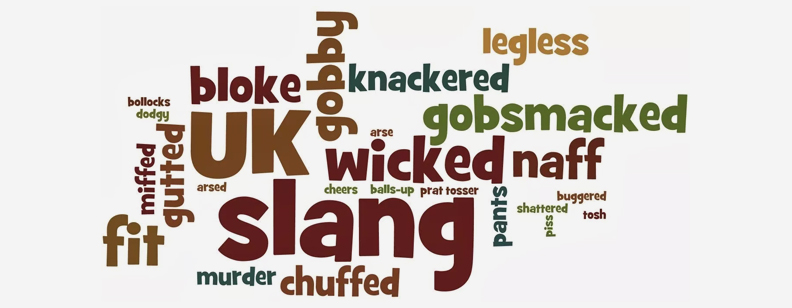Slang, also expressed as “Street term” or “Informal language”, just as the name suggests, slang is informal means of expression, some slang are not suitable for formal occasions like business conferences, evening parties, negotiations and so on. But in daily conversation, slang is widely used in chatting, especially for local English speakers. For interpreters, it is necessary to get better known to slang. Slang is usually simple words or sentences while the meanings may totally different from the denotation. If we don’t know what they mean exactly, we will make a stupid mistake in conversations or interpretation.
For example, when someone says: “I’m beat” that means he is very exhausted; if we don’t know what does it mean, we may not get his idea at all; and when someone asks you: “ Where is John?”, it doesn’t mean that he is looking for John, John is not a person’s name here, it means “where is the man’s lavatory?”, at the moment, if you don’t understand the slang and tell him where John is I am afraid you will become a topic between your foreign friends for a long time.
Slang is important in daily communication, to comprehend some frequently-used slang not only makes our English sounds more local and also avoid misunderstandings during conversation and interpretation. For some simple slang, we can infer the meaning form the context easily, for example, -“Are you full?” -“Yes, I am up to my ears.”here, we can easily get to know that “up to my ears” means “I am really full and cannot eat anything any more”.
But for some slang which are rather obscure, it is quite difficult to inference the meaning implied, so we need to get to know more about the slang and the stories and background behind them.
— For example, “AA” means pay the bill separate in China, but for English and American it is “Dutch treat” or “Let’s go Dutch”. It is derived from “Anglo-Dutch Wars” in 17th century, the Dutch not only lost the honor of “the marine horse-drawn vehicle husband” but also became the presentation of some negative words, especially “Frugal” because of the prejudice of the English, so if people pay separate for dinner, we can say it is a Dutch treat.
Most of the origins of the slang are interesting; during the learning of slang we will know more about cultures and literary quotations in English speaking countries.



